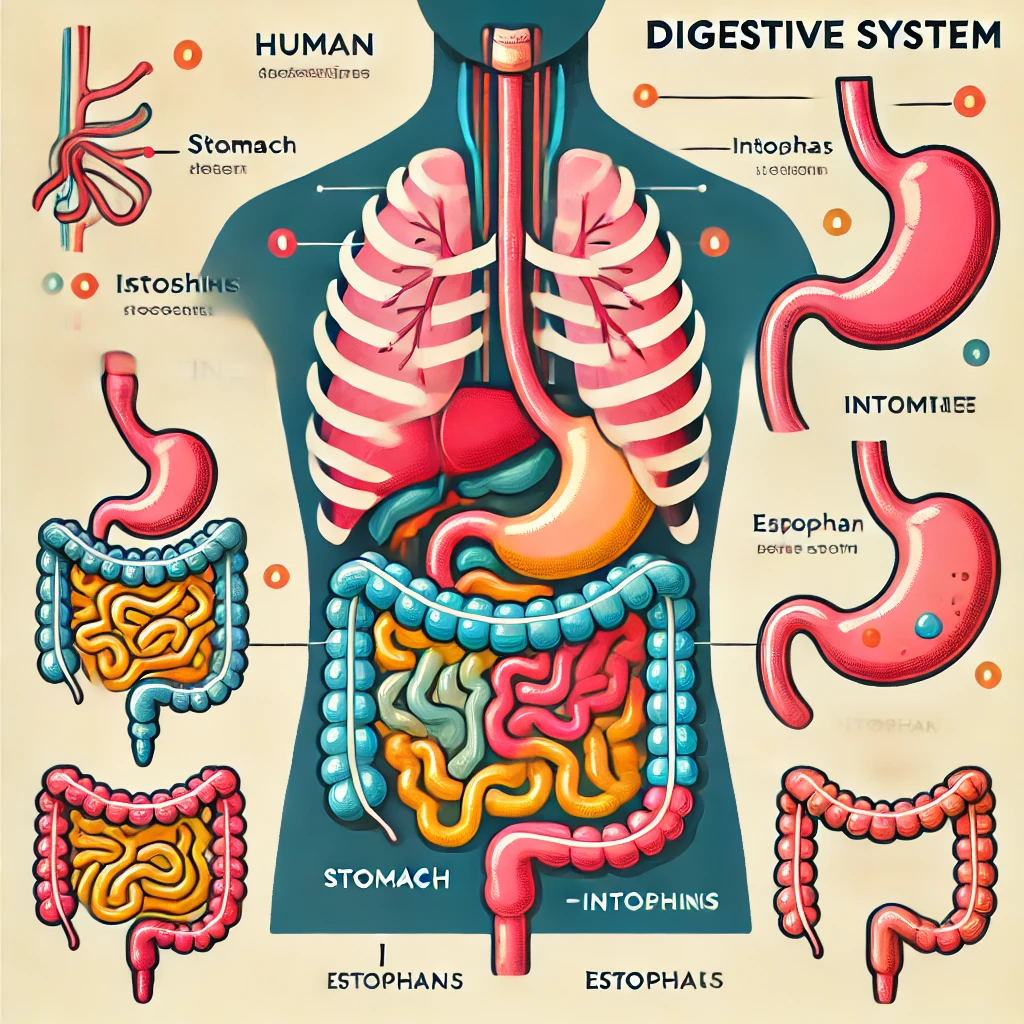Digestive Disorders and Stomach Issues
Digestive Disorders and Stomach Issues: Causes, Symptoms, and Treatments Frequent bloating and nausea are common symptoms of digestive disorders. These symptoms can range from simple indigestion to gastritis or even indicate more serious conditions, requiring… Digestive Disorders and Stomach Issues
